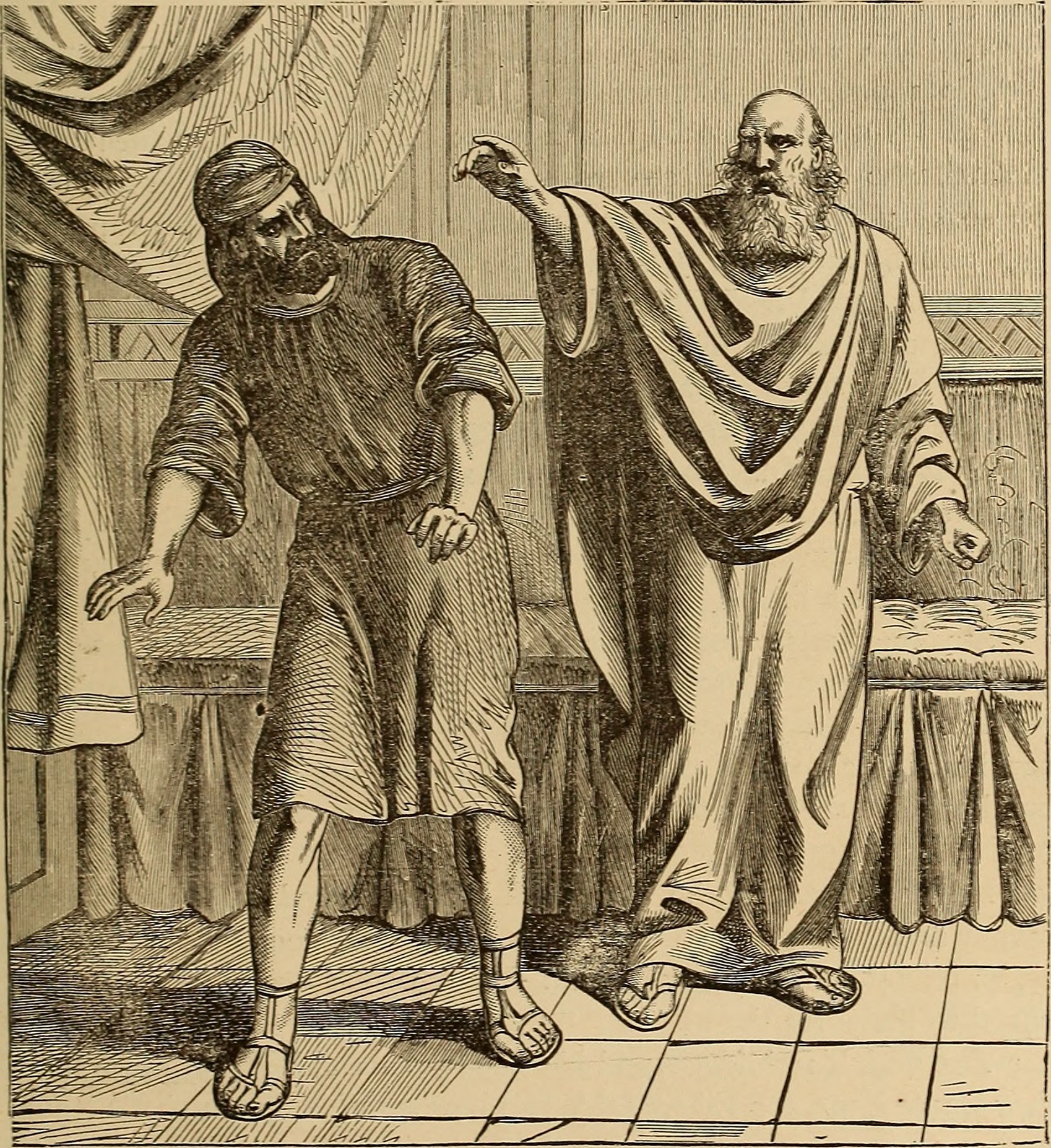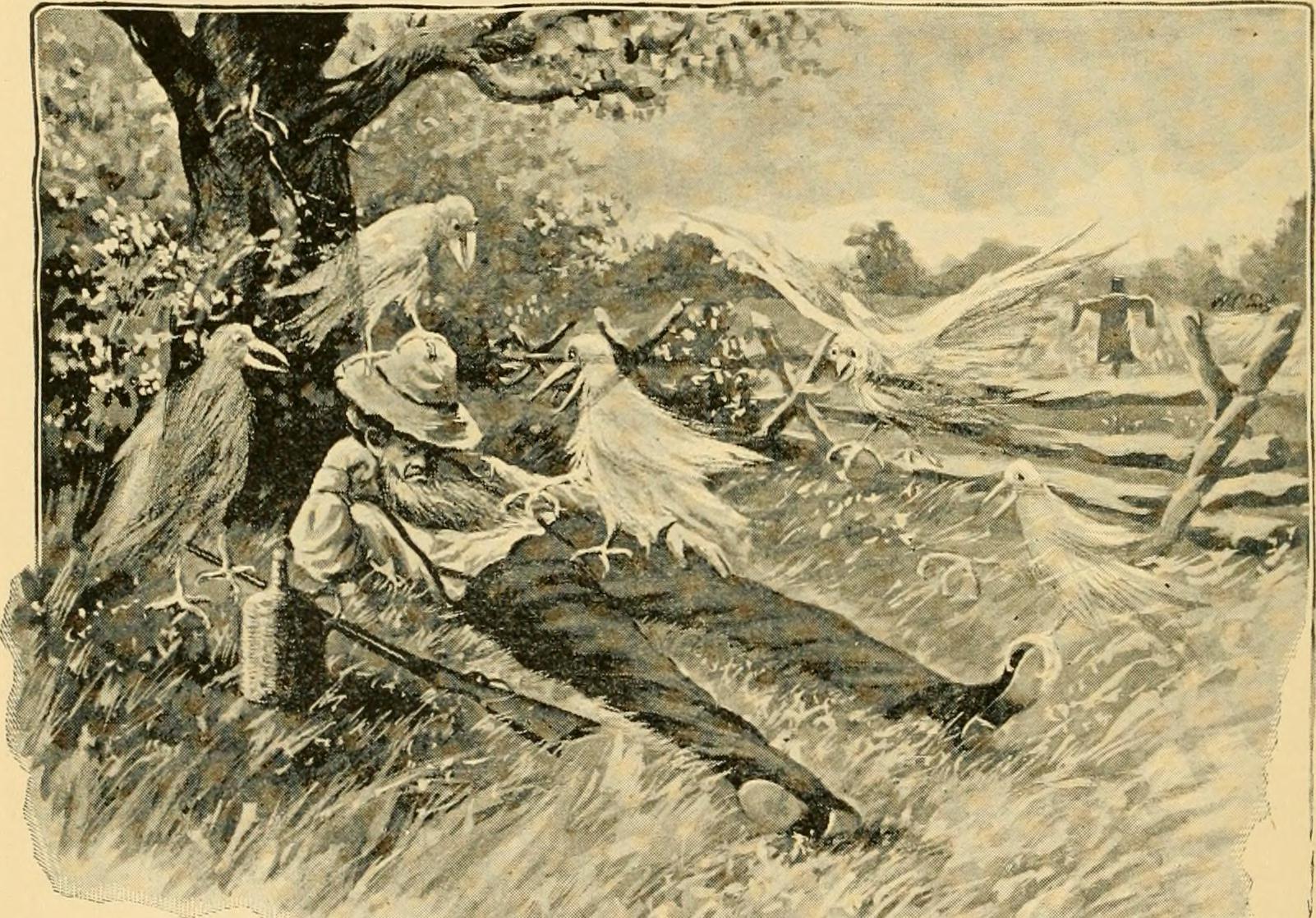In 2 Kings Chapter 5 we read of the healing of Naaman. He was the captain of the hosts of the King of Syria. Naaman was a man whom God had blessed in that he was able to lead in the deliverance of Syria from her enemies. He was considered a great man and honourable yet he was a leper (vs 1).
During one of the Syrian raids into Israel a little maid was taken captive. She eventually became the handmaid to Naaman’s wife (vs 2). The young maid suggested that Naaman could be cured of his leprosy by a prophet of God who lived in Samaria (vs 3). Naaman approached the King of Syria about the potential for healing. The King sent gifts and a letter to King Jehoram of Israel saying that he had sent Naaman to be healed of his leprosy (vs 5-6). King Jehoram thought it was some type of provocation and rent his clothes saying “Am I God to kill and make alive”? (vs 7).
Elisha the prophet heard that the King had rent his clothes (vs 8) and told the King to send Naaman to him. When Naaman arrived at Elisha’s house, a messenger from Elisha told him that he should “Go and wash (Septuagint/Strong – to bathe the whole person) in the Jordan seven times and thy flesh shall come again to thee” (vs 10). Naaman was angry and went away saying “Behold I thought, He (Elisha) will surely come out to me and stand, and call on the name of the Lord God and strike his hand over the place and recover the leper” (vs 11). It is noteworthy that although he had travelled a long distance to see Elisha he only met with his messenger. Further the Jordan River was about 20 miles away. So Naaman in his indignation disparaged the Jordan in favor of the rivers of Damascus and went away in a rage (vs 12). Though it is not clear as to whether he was offering a substitution or simply speaking in frustration, he clearly did not understand the workings of God.
After leaving his servants came near and said “if the prophet had bid thee to do some great thing wouldest thou not have done it? How much rather then, when he saith to thee, Wash (Septuagint/Strong – to bathe the whole person) and be clean?” (vs 13). This observation by his servants helped Naaman to see his folly and he obeyed the word of the Lord. The scripture says that he went down and dipped (Septuagint/Strong – Baptizo – to make whelmed, that is, fully wet; used only in the New Testament….especially of the ordinance of Christian baptism) himself seven times in the Jordan, according to the saying of the man of God: and his flesh came again like unto a little child, and he was clean (vs 14). This cleansing pleased Naaman and he returned to Elisha with gifts saying “Behold now I know that there is no God in all the earth but in Israel” (vs 15). Elisha refused the gifts.
Since we know that all men are sinners (Rom. 3:23; 1 John 1:8) and in need of a spiritual cleansing and healing from God we can look to the account of Naaman and discover several helpful principles. These include:
- The encouragement to take the initial step toward cleansing came from an unlikely source, namely the “little maid”. Today we may be pointed to God by a child or a simple word from an indirect relationship or example (1 Peter 3:1-2). This prompting can cause us to seek the way of the Lord from the scripture or a spiritually knowledgeable person.
- Once our attention is called to the need for action, we may require help along the way (Acts 8:30-31). In the case of Naaman the King helped him by writing letters of introduction and expectation.
- It doesn’t take a powerful person to share what God would have us to do. That is why we are all commanded to share the message (Matt. 28: 19-20). In the case of Naaman, Elisha sent a messenger. The messenger is of little consequence if the message is true.
- The way of salvation is simple (Acts 8:36). There is no pomp and pageantry. Naaman expected something great. Baptism was required of Naaman just as it is required of those who would be cleansed today (Acts 2:38).
- There are no substitutions in either element or process for the commands of God. Naaman could not obey in another way. He could not use the Rivers of Damascus. Further, he had to be immersed not sprinkled.
- Sometimes anger or frustration can get in the way of our obedience to God. Once again in the case of Naaman his repentance came in the form of a message from his servants.
- When we obey God He is always faithful in His promise. Naaman was healed as promised. His skin became like that of a child. The baptized believer is “raised to walk in newness of life” (Rom 6:4).
In summary, God is faithful if we will simply trust and obey.
How God Saves – – Keep the Faith





